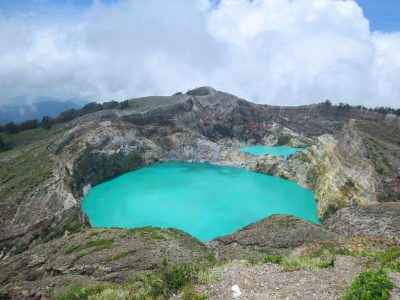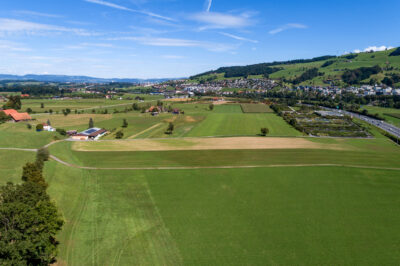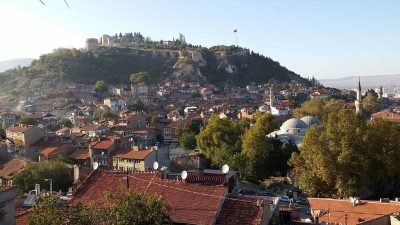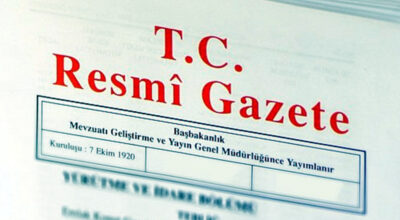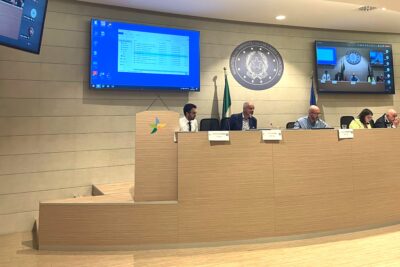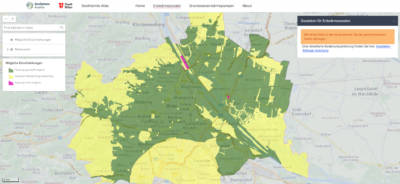Bogács, Hungary implements networked geothermal heating system from spa water
The city of Bogács in Hungary has undertaken a project to deliver geothermal heat to public buildings using excess heat from their decades-old thermal baths.
The city of Bogács in Hungary has completed the construction of a heating distribution system that utilizes excess geothermal heat from its existing thermal baths. A minimal amount of the investment on the project came from the city, as about 90% of the costs were received in the form of a subsidy from the Swiss Fund under the “Geothermal Energy Resources for District and Urban Heating” program.
The system now provides inexpensive and emissions-free heating to eleven public institution buildings, including the Mayor’s Office, the Municipal Library, a Kindergarten, Elementary School, Central Kitchen, and the Community House.
Utilizing excess heat from the thermal spa
Since the 2000s, there have already been efforts to more efficiently use the excess heat from the thermal spa in Bogács. Water at 70 °C is discharged from the thermal well in the Bogács spa area, which is too hot for filling the pools. Thus, some of the heat is redirected to heat the buildings in the spa area, and for the air-conditioning equipment for the dehumidification of the indoor pools.
There was, however, still some excess heat extracted to reduce the temperature of the water to the ideal 37-38 °C for the pools.
The plan was then to use the excess heat to provide heating to a number of public buildings located outside the thermal spa. To do this, the municipality had to build a new heating distribution network, as well as a new connection to the the existing energy supply system of the heating center. The city estimated an investment of HUF 205 million (approx. 570,000 for the project).
Csendesné Farkas Edit, Mayor of Bogacs, also recounted how the city had difficulties in securing permits for the project. The plan had to go through several authorities, including the Environmental Protection Authority, the Water Directorate, and Disaster Management. The permit process started in June 2023 and the permit was granted in August 2024.
A project enabled by significant funding support
The public procurement procedure was conducted in the spring of 2024, and Midvex Épít? Kft. submitted the most favorable offer, for a net cost of 180 million HUF. Construction began in September 2024, and the works were completed at the end of December.
In January, test heating of the system was done, with thermal heat providing heat in practically every building, and there was no need for gas heating.
Meanwhile, in May 2024, the Swiss Fund announced a call for applications for a grant for projects utilizing geothermal energy. The city applied for the grant. Following the evaluation, the Evaluation Committee decided on a grant of 168.8 million HUF, thus covering more than 90% of the project costs. This freed up the money from the city, which was then redirected to the renovation of a municipal building.
A geothermal heating project at the Kiskunhalas sports center was also the recipient of a grant from this program.
A win-win scenario
The result of the project is that there will be practically no heating costs for the public buildings connected to the geothermal network. Gas heating will only be used in cases of extreme cold. This means that the city saves HUF 20-25 million per year.
More so, there is less excess heat needed to be extracted from the thermal water before they used to fill the pools, so less cool water is also needed.
More importantly, the switch from gas heating will reduce the CO2 emissions from the heating system while also protecting it from the vulnerability of gas prices.
Source: Hungarian Geothermal Association










